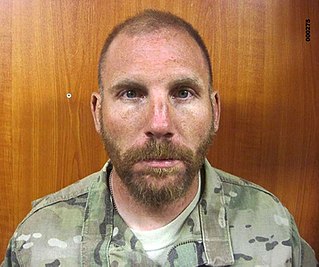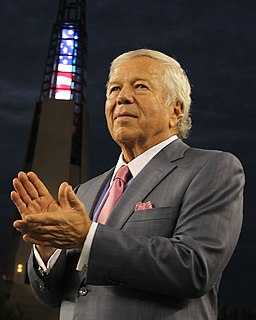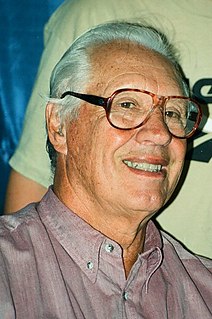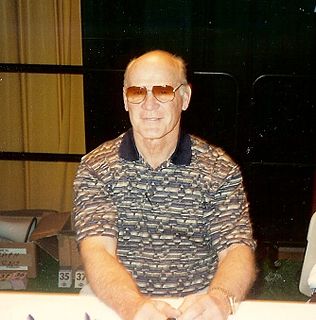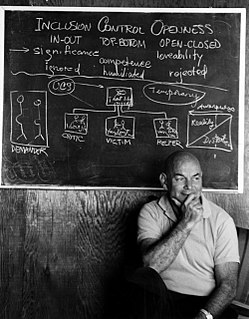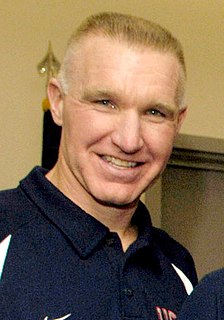A Quote by Robert Bales
Effective teamwork will not take the place of knowing how to do the job or how to manage the work. Poor teamwork, however, can prevent effective final performance. And it can also prevent team members from gaining satisfaction in being a member of a team and the organization.
Related Quotes
Teamwork remains a sustainable competitive advantage that has been largely untapped because it is hard to measure (teamwork impacts the outcome of an organization in such comprehensive and invasive ways that it's virtually impossible to isolate it as a single variable) and because it is extremely hard to achieve (it requires levels of courage and discipline that few executives possess) - ironically, building a strong team is very simple (it doesn't require masterful insights or tactics).
Trust is the foundation of real teamwork. And so the first dysfunction is a failure on the part of team members to understand and open up to one another. And if that sounds touchy-feely, let me explain, because there is nothing soft about it. It is an absolutely critical part of building a team. In fact, it’s probably the most critical.
